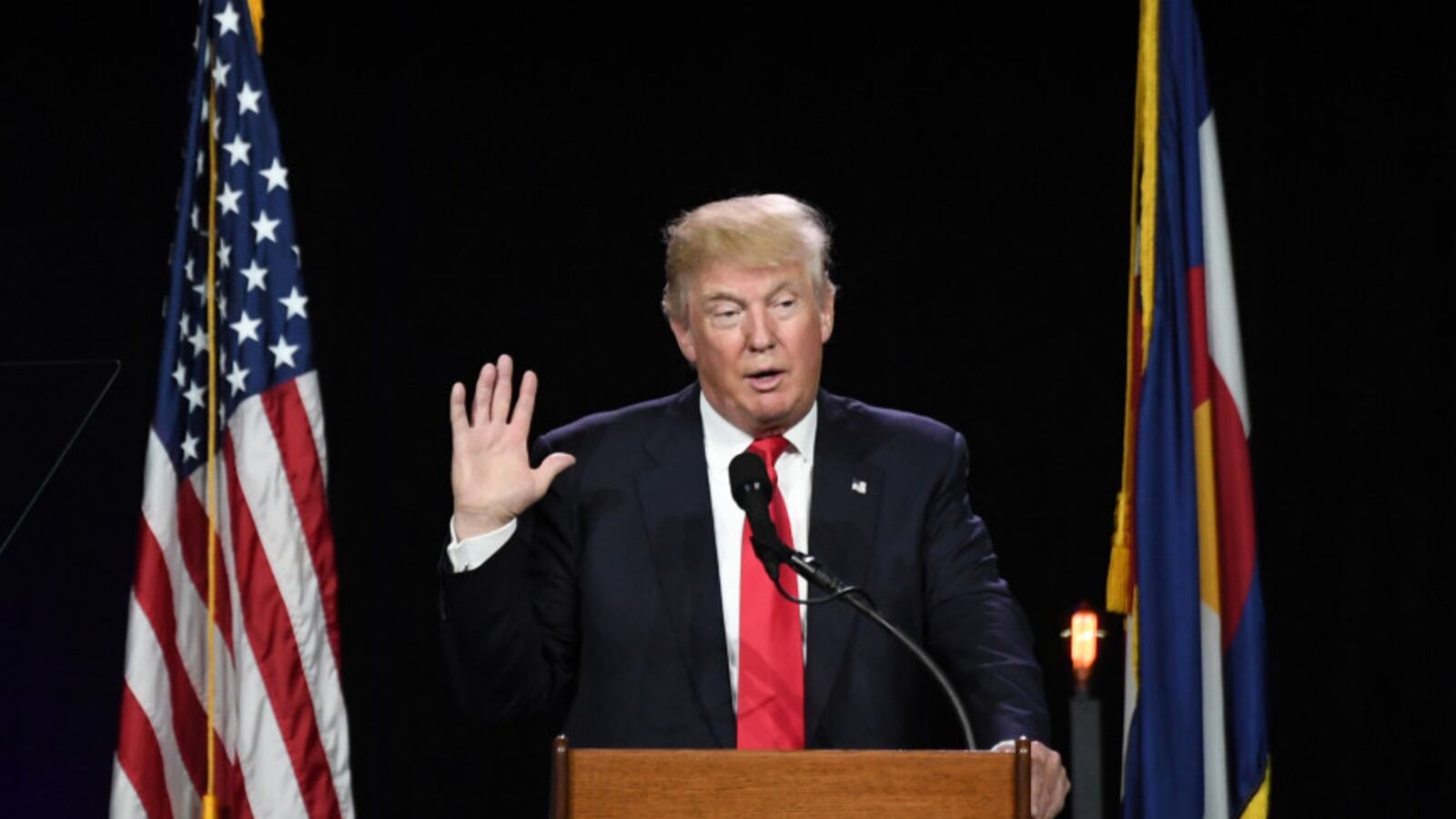Just two days before the U.S. Senate begins its confirmation hearing for Betsy DeVos — Donald Trump’s pick to lead the country’s education department — New York City’s teachers union took a swipe at Trump’s central education policy proposal.
The United Federation of Teachers said Monday that Trump’s plan to create a sweeping and publicly funded voucher system would sap funding from 1,265 schools in New York City, resulting in larger class sizes, fewer teachers, and cuts to after-school programs.
Trump has endorsed the idea of shifting $20 billion in federal funds toward vouchers, a plan that is widely assumed to involve reallocating Title I funding currently designated for schools based on the proportion of low-income students they serve.
If that happens, “The damage would spread through the system, raising class sizes even in non-Title I schools, threatening academic enrichment programs, guidance, art and music and other services our children depend on,” UFT President Michael Mulgrew said in a press release.
“We need to hear in detail from Ms. DeVos — a fervent advocate of vouchers and charter schools — what the administration’s plan is for Title I.”
In all, the union said, traditional public schools in New York City stand to lose at least $500 million, which could directly affect 700,000 students. That funding stream represents nearly 40 percent of the federal money directed to the city’s education department, and almost 3 percent of its $23 billion operating budget.
During the campaign, Trump said he would use federal money to finance vouchers for low-income students to attend parochial or private schools. DeVos is a natural pick to advance that policy: She has zealously supported such programs at the state level, and created a successful political action committee to support pro-voucher candidates nationally.
But whether such a program would ever get off the ground in New York is a whole other question. As it stands, Trump’s voucher proposal assumes that state legislatures will pick up most of the tab — in New York state, that is likely a political non-starter. And even if the legislature did kick in support, the state constitution bars public financing of religious schools, which comprise the vast majority of the city’s private schools.
Still, it’s not hard to imagine DeVos will continue to support policies that shift resources away from traditional public schools, generating pushback from the country’s largest teacher unions. (Randi Weingarten, the head of the national American Federation of Teachers, is scheduled to deliver a speech Monday that will likely outline objections to DeVos’ education record.)
The UFT’s analysis includes a list of New York City schools that stand to lose the most funding, which you can find here.

